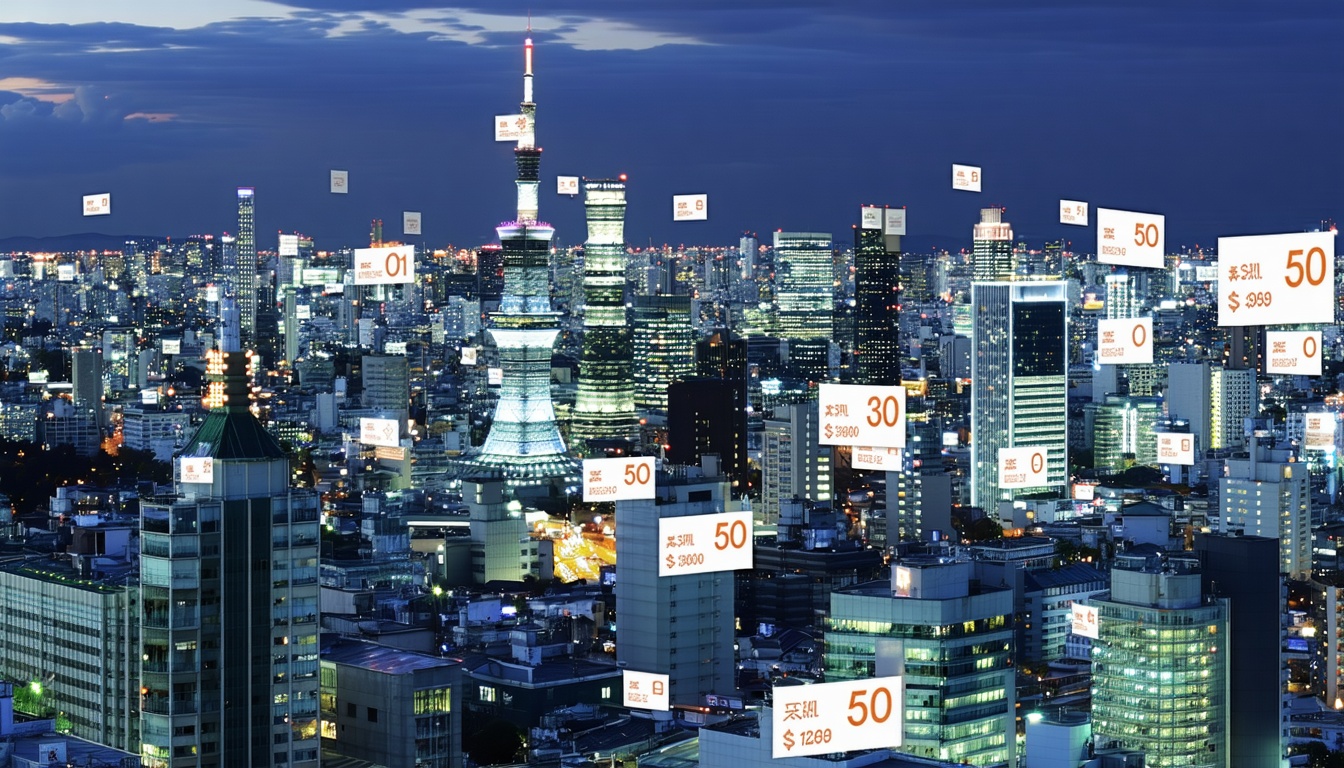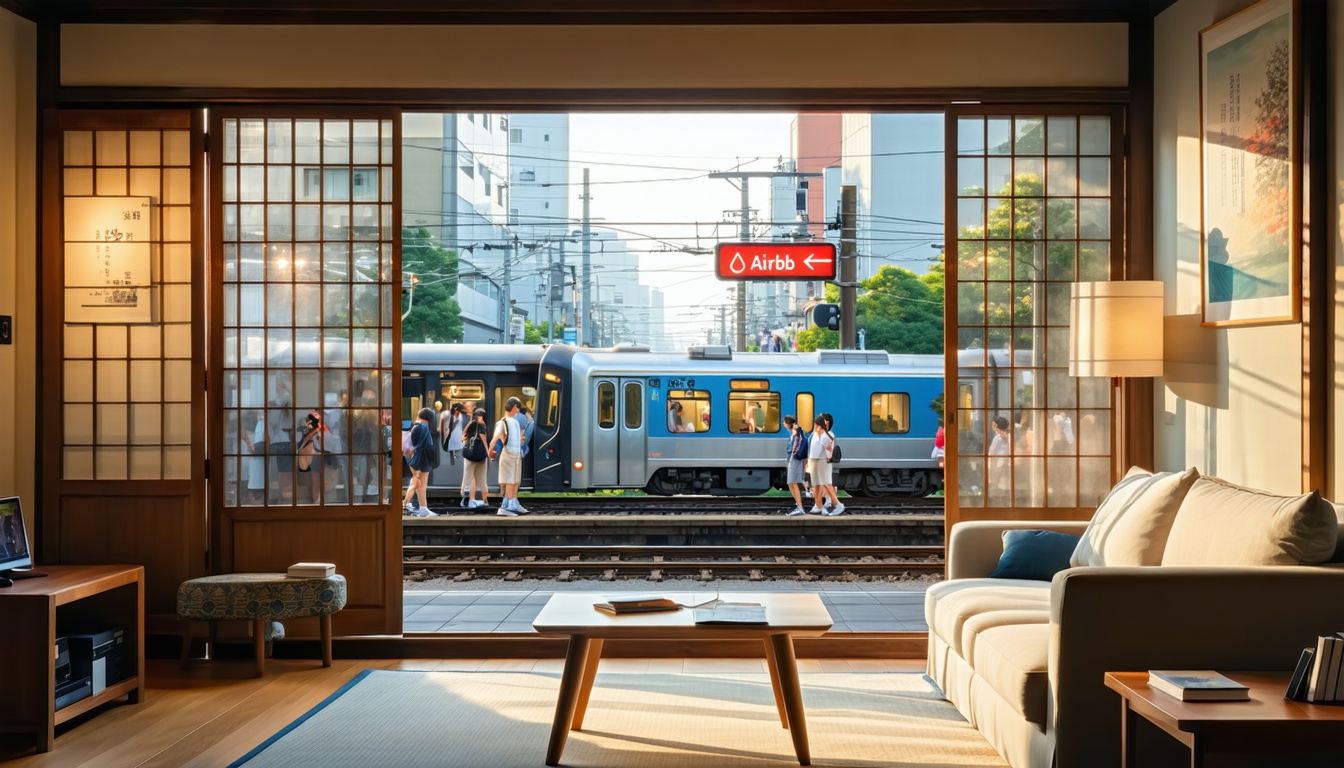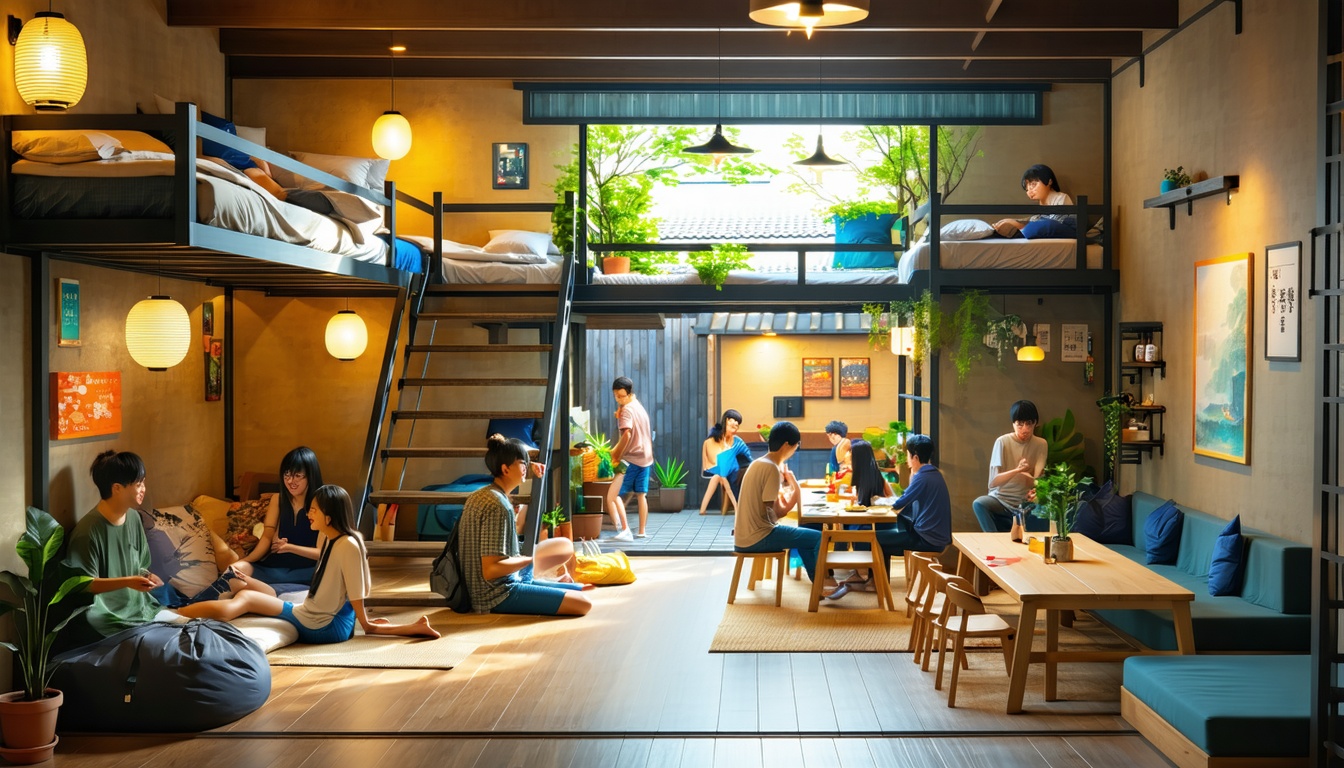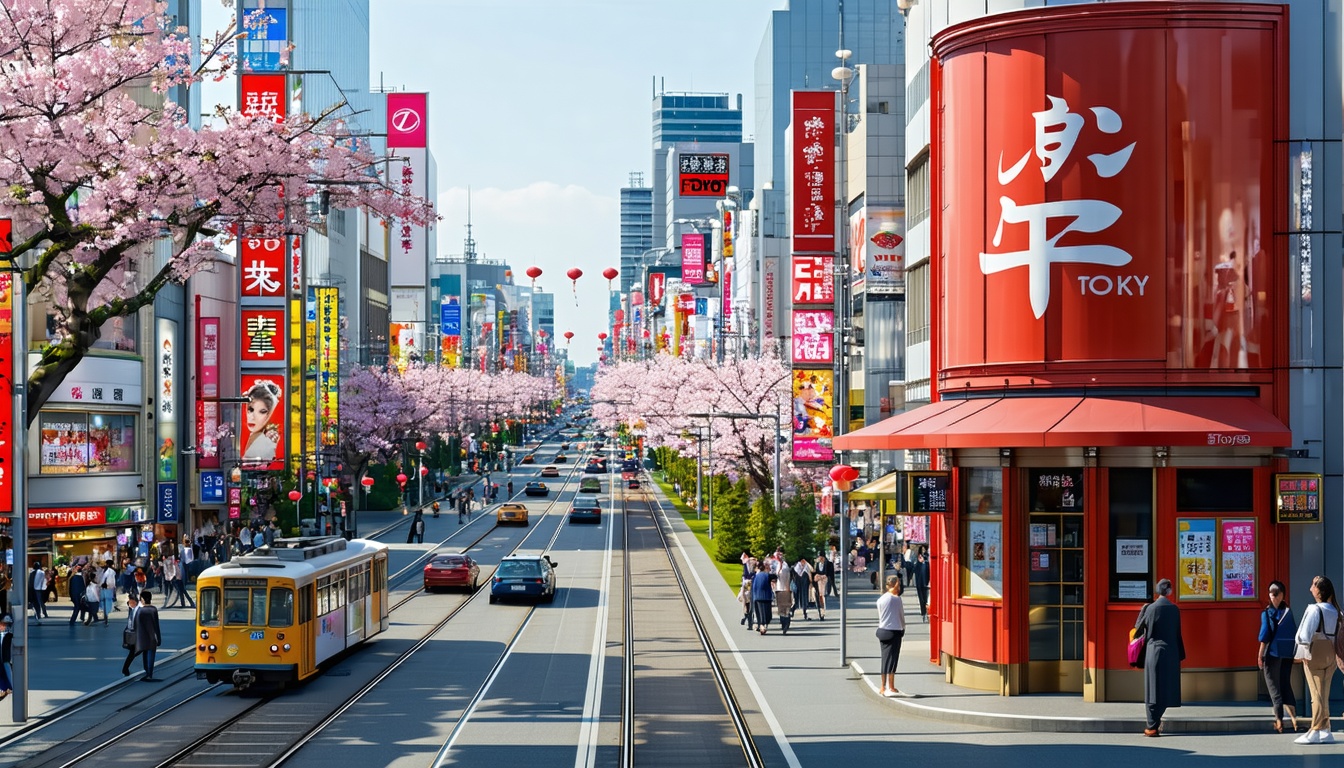Your Guide to Affordable Tokyo Hotel Price Comparison

Picture this, you’re planning your Tokyo trip but those hotel rates have you raising an eyebrow. When you kick off a tokyo hotel price comparison, you’ll spot some surprising trends right away. For instance, hotels in Tokyo hit their low in September at around $345 per night, then climb to about $580 a night in April (Kayak.com). By the end of this guide, you’ll know how to compare rates by season, weekday, lodging type, and station area so you can land station access lodging that fits your budget and your schedule.
Compare seasonal price trends
Monthly rate fluctuations
Tokyo hotel rates swing quite a bit throughout the year. According to recent data, you’ll pay:
-
September: about $345 per night
-
April: around $580 per night (Kayak.com)
Seasonal demand factors
Spring sees cherry blossom season and Golden Week, which drives rates sky-high. In autumn, fall foliage and festivals also nudge prices up. If you can shift your stay to late summer or winter shoulder months, you’ll often see the best deals.
Analyze weekly rate differences
Weekday vs weekend
Did you know weekday stays tend to cost less than weekend nights? On average:
-
Monday nights: $353 per night
-
Saturday nights: $429 per night (Kayak.com)
That’s a nearly $80 difference, so consider checking in on Monday and exploring for a few days.
Promotional weekend surprises
Sometimes you’ll spot flash sales or special promo rates listed at $0 a night—though those usually come with prepaid deposits or service fees. Always read the fine print before you click Book.
Use star-rating deals
3-star vs 4-star rates
If you filter by star rating you’ll find clear price tiers:
-
3-star rooms as low as $13 per night
-
4-star rooms from about $30 per night (Kayak.com)
You can dial your budget up or down by bumping one star higher or lower. For more on stretching your yen, see our budget accommodation tokyo tips.
Spot promotional deals
To snag extra savings:
-
Use flexible date search on aggregator sites
-
Filter by “non-refundable” for lower rates, if you’re sure of your plans
-
Sign up for email alerts or app notifications
Find station access lodging
Tokyo’s subway system is quick, cheap, and punctual, so proximity to a station goes a long way in helping you explore easily (Orlagh Claire). Here are three hub areas to consider.
Shinjuku highlights
Shinjuku combines skyscrapers, shopping, and nightlife around one of the busiest transport hubs on Earth. You’ll find bargains on business hotels and hostels near the station. For more, check hotels near yamanote line stations.
Shibuya vibe
If you want energy and youth culture, Shibuya’s your spot. You’ll pay a premium for views of the famous crossing, but budget backpacker hostels are sprinkled throughout the side streets. See our backpacker hostels tokyo guide.
Asakusa charm
For a quieter stay, Asakusa offers a glimpse of old Tokyo—think historic Senso-ji Temple and traditional eateries. Rates can be kinder here, especially at smaller inns. Try our best areas stay tokyo resource for more districts.
Tap member plan benefits
Hotel Villa Fontaine case
Hotel Villa Fontaine Grand Tokyo Shiodome is connected to Shiodome Station on the Oedo Line, and its official site promises a Best Price Guarantee for identical booking conditions (Hotel Villa Fontaine). Their Power Breakfast and daily happy hour can add serious value to your stay.
Member plan perks
Signing up for free loyalty or member plans often unlocks:
-
Room upgrades or late check-out
-
Exclusive member-only rates or packages
-
Free breakfasts or drink vouchers
-
Flexible cancellation windows
Compare booking platforms
Using Kayak search
Kayak aggregates hundreds of booking sites, letting you filter by station, price, star rating, or free cancellation. Try toggling “flexible dates” to see the cheapest day to check in.
Other booking sites
Don’t rely on just one site. Mix in searches on Booking.com, Agoda, and Rakuten Travel. For a full list of recommended sites, visit our hotel booking websites japan guide.
Mix accommodation options
Thinking beyond standard hotels can save you big.
Type Starting rate Perks Downsides
Capsule hotels $15 Ultra budget, central spots Very tight quarters
Business hotels $13 Compact comfort, amenities Limited room size
Ryokan inns Varies Traditional immersion Higher nightly cost
Explore each style in our [capsule hotels tokyo experience], [business hotels tokyo stations], and [ryokan traditional inns tokyo] articles.
Optimize booking timing
Book two days ahead
Data shows booking at least two days before your stay can yield the best prices (Kayak.com). Last-minute deals can pop up—but risk higher rates if availability shrinks.
Choose weekday check-in
If your schedule allows, check in on a Monday or Tuesday. You’ll grab the lower weekly rates and avoid weekend surcharges.
Set up price alerts
Most apps let you track a specific hotel or date range. Enable push or email notifications so you can pounce on price drops.
Summary
You’ve just walked through everything you need for a spot-on tokyo hotel price comparison. Remember:
-
Match your dates to off-peak seasons like September
-
Lean into weekday stays for lower nightly costs
-
Filter by star rating or membership perks to hit your budget
-
Pick a station hub—Shinjuku, Shibuya, or Asakusa—based on your vibe
-
Combine hotel sites, set alerts, and book two days ahead
Try out one tip today, like comparing Monday vs Saturday rates, and notice how much you can save. If you’ve uncovered a killer deal or a favorite booking hack, share it in the comments so other travelers can benefit.
Frequently asked questions
When is the cheapest month to book a Tokyo hotel? September typically offers the lowest average rate, around $345 a night, whereas April is often the most expensive.
How far in advance should I book to get the best rate? Booking at least two days before your stay kicks in the lowest average prices. That said, set price alerts to catch flash deals.
Are hotels cheaper near train stations? Hotels near major stations can range widely in price. You’ll often find budget hostels and capsule hotels near hubs, but star-rated hotels may carry a premium.
Which day of the week has the lowest rates? Weekday check-ins—especially Monday or Tuesday—usually cost less than Friday or Saturday nights.
What’s the best site for Tokyo hotel price comparison? Aggregators like Kayak, combined with Booking.com and Agoda, cover the widest range. For Japan-specific options, check our hotel booking websites japan guide.


